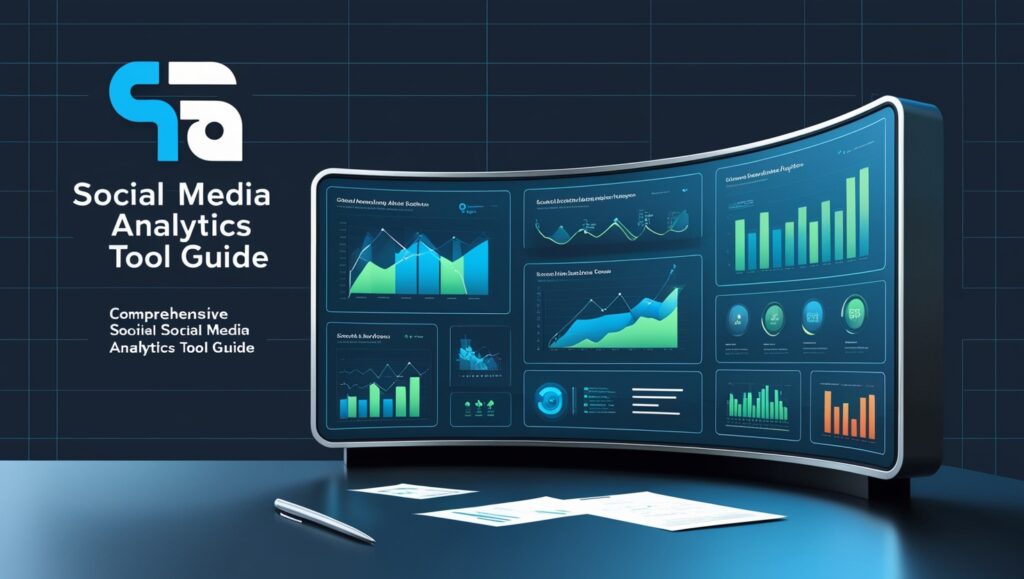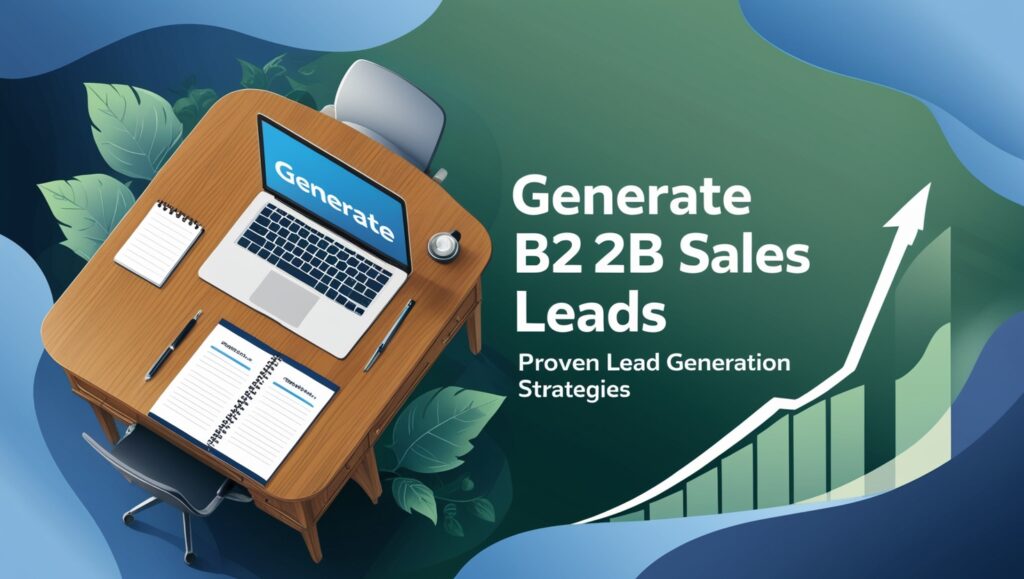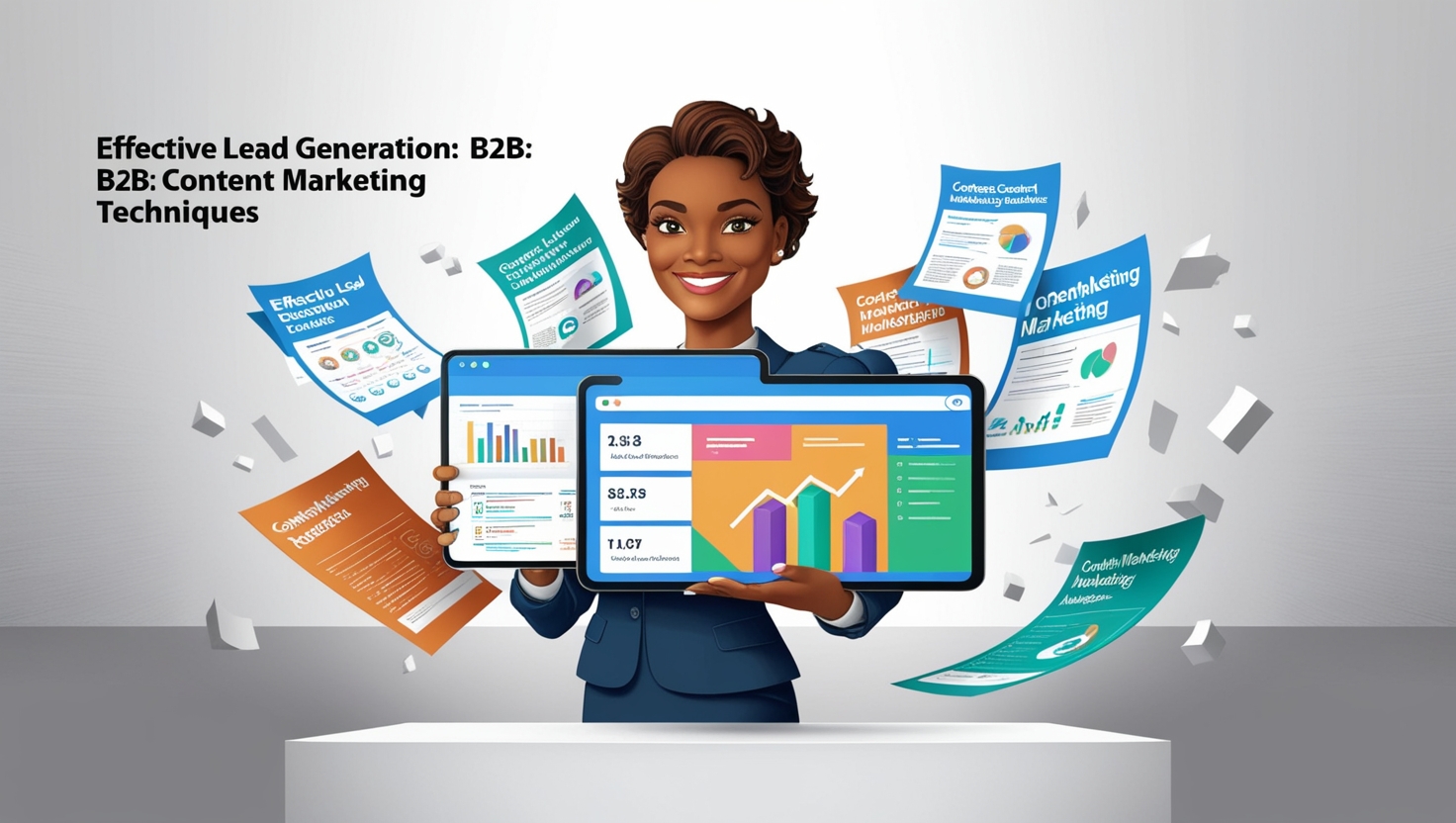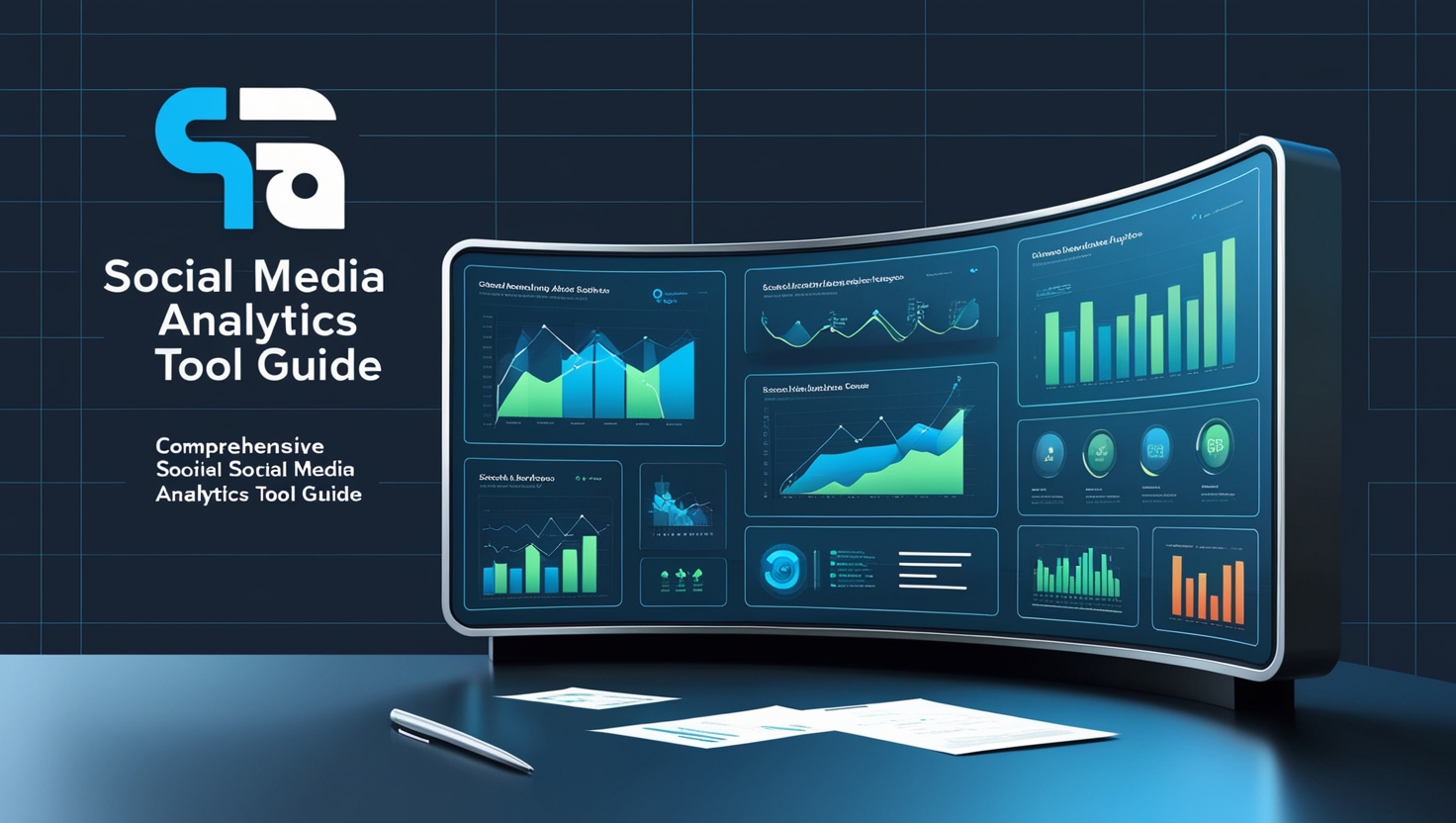To enhance your Social Media Marketing Strategy, consider these essential tips. First, identify your target audience and tailor your content on social media to their preferences. Utilize social media profiles on platforms like LinkedIn to establish your online presence. Optimize Your Social Media by using relevant hashtags to increase visibility for your product or service. Employ analytics tools to assess your social media management efforts and refine your optimization strategy accordingly.
How to Optimize Social Media Marketing Strategy?

In today’s digital age, a robust social media presence is essential for businesses of all sizes. However, simply being present on social platforms isn’t enough. To truly harness the power of social media, you need to Optimize Your Social Media strategy to drive engagement, build brand awareness, and ultimately contribute to your business goals. Here’s a comprehensive guide on how to optimize your social media marketing strategy effectively.
1. Define Clear Objectives
Before launching any campaign, establish clear, measurable goals:
- Increase brand awareness
- Drive website traffic
- Generate leads
- Boost sales
- Improve customer engagement
Use the SMART framework (Specific, Measurable, Achievable, Relevant, Time-bound) to set effective goals.
2. Know Your Audience
Understanding your target audience is crucial for campaign success:
- Create detailed buyer personas
- Analyze demographics, interests, and behaviors
- Use platform analytics to gain insights
3. Choose the Right Platforms
Not all social media platforms are equal for every business:
- Research where your target audience is most active
- Understand the strengths and weaknesses of each platform
- Focus on platforms that align with your brand and goals
It’s better to excel on a few platforms than to spread yourself thin across many.
4. Create Engaging Content
Content is king in social media marketing:
- Develop a content strategy aligned with your goals
- Use a mix of content types (text, images, videos, stories)
- Ensure your content provides value to your audience
- Maintain a consistent brand voice and aesthetic
5. Optimize Posting Times
Timing can significantly impact engagement:
- Use platform analytics to determine when your audience is most active
- Experiment with posting times and track results
- Consider time zones if you have a global audience
Use scheduling tools to maintain a consistent posting schedule, even outside of business hours.
6. Leverage Hashtags Strategically
Hashtags can increase your content’s visibility:
- Research relevant and trending hashtags in your industry
- Create branded hashtags for campaigns
- Don’t overuse hashtags – quality over quantity
Aim for a mix of popular and niche hashtags to balance reach and relevance.
7. Engage with Your Audience
Social media is about building relationships:
- Respond promptly to comments and messages
- Encourage user-generated content
- Run polls, Q&As, and live sessions to boost interaction
Set up notifications to ensure you don’t miss important interactions.
8. Utilize Paid Advertising
Organic reach is declining, making paid advertising crucial:
- Start with a small budget and scale based on results
- Use platform targeting options to reach your ideal audience
- A/B test ad creatives, copy, and targeting
Use retargeting to reach users who have already shown interest in your brand.
9. Collaborate with Influencers
Influencer partnerships can extend your reach:
- Choose influencers whose audience aligns with your target market
- Focus on engagement rates rather than just follower count
- Develop authentic, long-term relationships with influencers
Consider micro-influencers for potentially higher engagement rates and lower costs.
10. Monitor and Analyze Performance
Continuous improvement is key to optimization:
- Track relevant metrics aligned with your goals
- Use platform analytics and third-party tools for insights
- Regularly review performance and adjust strategies accordingly
your social media performance to broader business objectives.
11. Stay Updated with Platform Changes
Social media platforms constantly evolve:
- Follow official platform blogs and announcements
- Stay informed about algorithm changes
- Be ready to adapt your strategy as needed
Join marketing communities or forums to stay ahead of platform updates and industry trends.
How to Use SEO in Your Social Media Strategy?
- Incorporate SEO into Social Media: Use SEO techniques in your social media posts, such as keyword-rich captions and optimized hashtags, to boost visibility.
- Understand Social Media Marketing Aspects: Familiarize yourself with platform-specific algorithms, trends, and audience behaviors to enhance your campaign performance.
- Choose Social Media Platforms Wisely: Select platforms that align with your target audience to maximize engagement and leverage the power of each platform effectively.
- Run Campaigns with Optimized Content: Create engaging, optimized posts that encourage interaction and drive more traffic to your website.
- Integrate Social Media into Your Marketing Plan: Incorporate social media campaigns into your overall marketing strategy to improve brand visibility and achieve better results.
What Are the Key Metrics for Social Media Optimization?
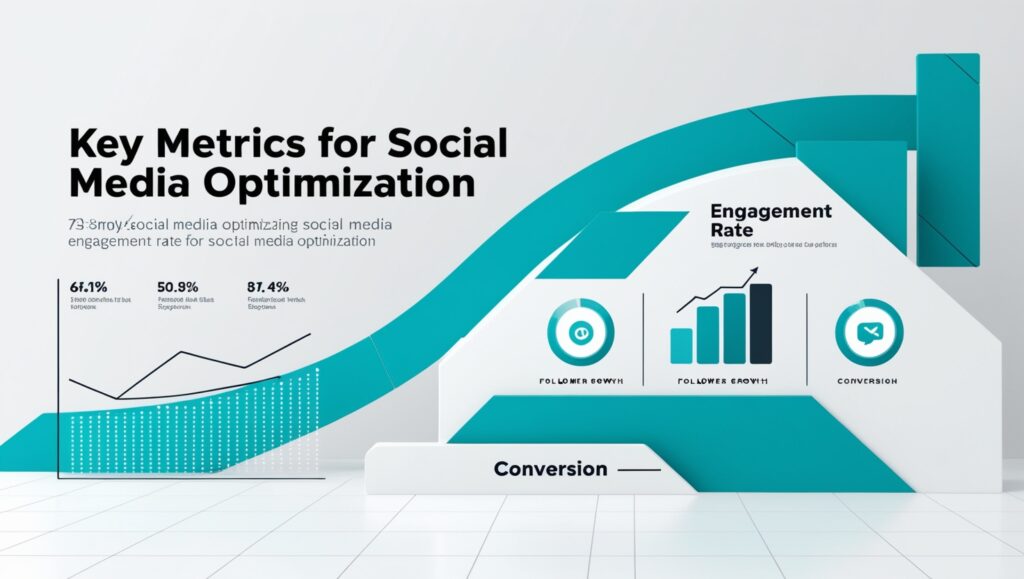
Effective social media optimization hinges on several key metrics. Engagement rates, including likes, shares, and comments, reveal audience interaction. Reach and impressions indicate how many users see your content. Additionally, conversion rates measure the effectiveness of posts in driving desired actions, while follower growth tracks audience expansion. Each metric informs strategy adjustments for better results.
What are the Tips to Optimize Your Social Media Campaigns?
- Define your audience to tailor your content effectively, ensuring engagement with the right demographics.
- Utilize analytics to track performance and identify trends, allowing for data-driven adjustments.
- Engage consistently by responding to comments and messages, fostering a community around your brand.
- Experiment with different formats, such as videos or polls, to discover what resonates most with your audience
How to Set Campaign Goals for Better Results
To set campaign goals for better results, begin by defining your target audience. Understand their needs and preferences to tailor your message effectively. Next, utilize the SMART criteria—specific, measurable, achievable, relevant, and time-bound—to create clear objectives. Finally, regularly review and adjust your goals based on performance metrics to ensure ongoing improvement.
What are the Latest Trends in Social Media Optimization?
Recent trends in Social Media Optimization highlight the importance of video content, with platforms prioritizing engaging visuals. Additionally, the rise of micro-influencers has shifted marketing strategies, emphasizing authenticity. Brands are also focusing on user-generated content to foster community engagement while leveraging data analytics to refine their targeting and improve overall performance.
Benefits of Paid Social Advertising
| Benefit | Description |
|---|---|
| Increased Visibility | Reaches a wider audience quickly. |
| Custom Targeting | Targets users based on unique criteria. |
| Flexible Budget | Manage ad spend effectively. |
| Data Insights | Track performance and optimize future efforts. |
Respond to Audience Feedback on Social Media

Responding to audience feedback on social media is crucial for building strong relationships with followers. Engaging with comments and messages shows that you value their opinions. This interaction can foster a sense of community and loyalty. Additionally, addressing concerns promptly can enhance your brand’s reputation and encourage more open dialogue in the future.
In Conclusion
Optimizing your Social Media strategy takes time, creativity, and flexibility. Keep testing, learning, and refining your approach to discover what works best for your audience. Every brand is different, so focus on creating content that resonates and drives real results. With the right strategy, you’ll strengthen connections, grow your brand presence, and fuel business growth.




